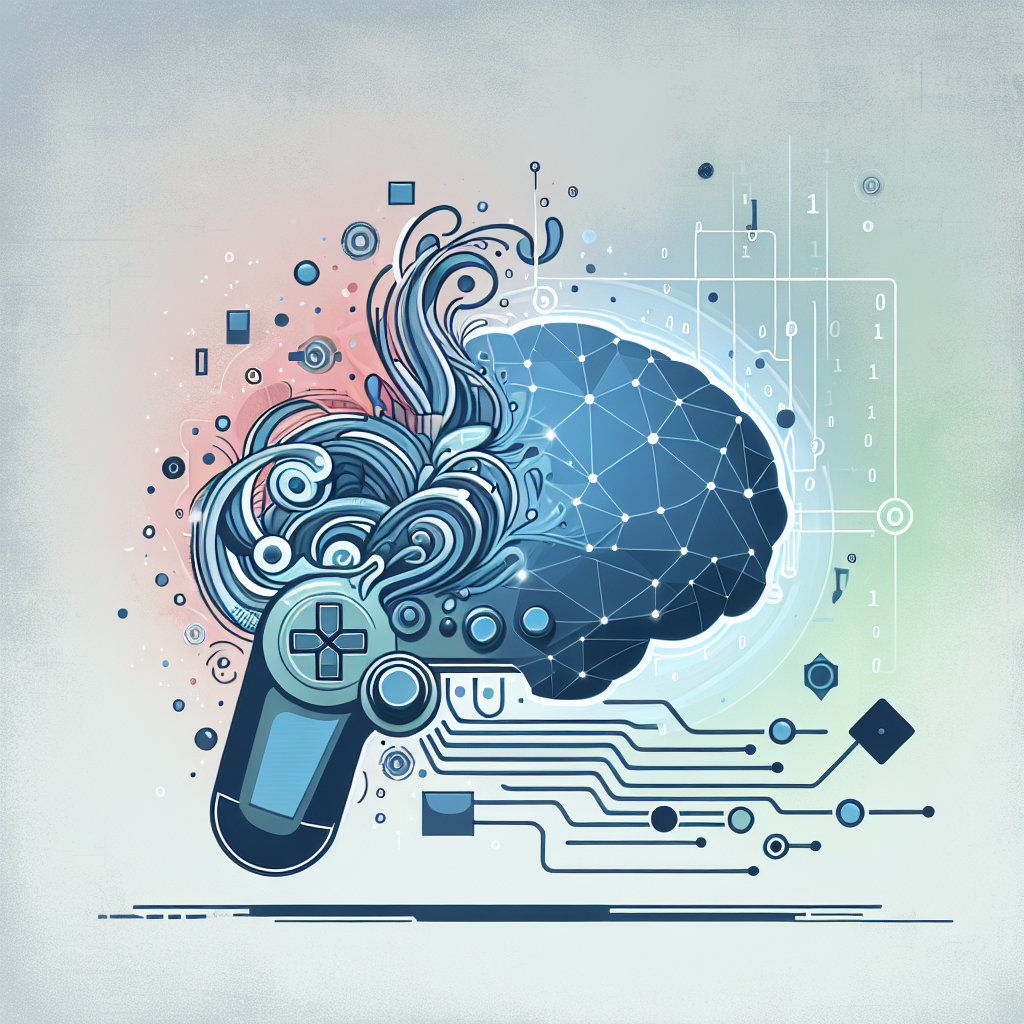Integrating AI Technologies into Gaming Platforms
Artificial Intelligence (AI) has become a buzzword in the tech world, and its applications are vast and varied. One industry that has seen a significant impact from AI technologies is the gaming industry. AI has been integrated into gaming platforms in various ways, from enhancing game environments to creating more challenging opponents for players. In this article, we will explore how AI technologies are being integrated into gaming platforms and the benefits and challenges that come with this integration.
Benefits of Integrating AI Technologies into Gaming Platforms
1. Improved Game Environments: AI technologies can be used to create more realistic and immersive game environments. For example, AI algorithms can be used to generate dynamic landscapes, weather patterns, and wildlife behavior, making the game world feel more alive and engaging for players.
2. Enhanced Player Experience: AI technologies can also be used to personalize the gaming experience for each player. By analyzing player behavior and preferences, AI algorithms can recommend personalized game content, such as quests, challenges, and items, tailored to each player’s unique playstyle.
3. Smarter NPCs: Non-player characters (NPCs) are a crucial part of many games, serving as allies, enemies, or quest givers. AI technologies can be used to make NPCs more intelligent and responsive to player actions, creating more challenging and dynamic gameplay experiences.
4. Adaptive Difficulty: AI technologies can also be used to adjust the difficulty of games in real-time based on player performance. For example, if a player is struggling with a particular level, AI algorithms can dynamically adjust the level of challenge to ensure that the player remains engaged and motivated.
Challenges of Integrating AI Technologies into Gaming Platforms
1. Development Costs: Integrating AI technologies into gaming platforms can be expensive and time-consuming. Developing AI algorithms, training data sets, and testing them in a gaming environment requires a significant investment of resources and expertise.
2. Ethical Concerns: AI technologies raise ethical concerns in gaming, such as the potential for biased or discriminatory algorithms, invasion of player privacy, and the impact on player autonomy. Game developers must carefully consider these ethical implications when integrating AI technologies into their platforms.
3. Technical Limitations: AI technologies are not without their limitations. AI algorithms can sometimes make mistakes or produce unexpected results, leading to glitches or gameplay issues. Game developers must carefully test and validate AI technologies before integrating them into their platforms.
4. User Acceptance: Some players may be resistant to AI technologies in gaming, fearing that AI-powered opponents may be too challenging or unpredictable. Game developers must carefully balance the use of AI technologies to ensure that they enhance the player experience without overwhelming or frustrating players.
FAQs
Q: How are AI technologies used in gaming platforms?
A: AI technologies are used in gaming platforms to enhance game environments, personalize player experiences, create smarter NPCs, and adjust game difficulty in real-time based on player performance.
Q: What are the benefits of integrating AI technologies into gaming platforms?
A: The benefits of integrating AI technologies into gaming platforms include improved game environments, enhanced player experiences, smarter NPCs, and adaptive difficulty levels.
Q: What are the challenges of integrating AI technologies into gaming platforms?
A: The challenges of integrating AI technologies into gaming platforms include development costs, ethical concerns, technical limitations, and user acceptance.
Q: How can game developers address the ethical concerns of AI technologies in gaming?
A: Game developers can address the ethical concerns of AI technologies in gaming by ensuring that their algorithms are transparent, unbiased, and respectful of player privacy and autonomy.
In conclusion, integrating AI technologies into gaming platforms offers a wide range of benefits, from creating more immersive game environments to personalizing player experiences and enhancing gameplay. However, game developers must also address the challenges of integrating AI technologies, such as development costs, ethical concerns, technical limitations, and user acceptance, to ensure that AI-powered games are successful and engaging for players.

